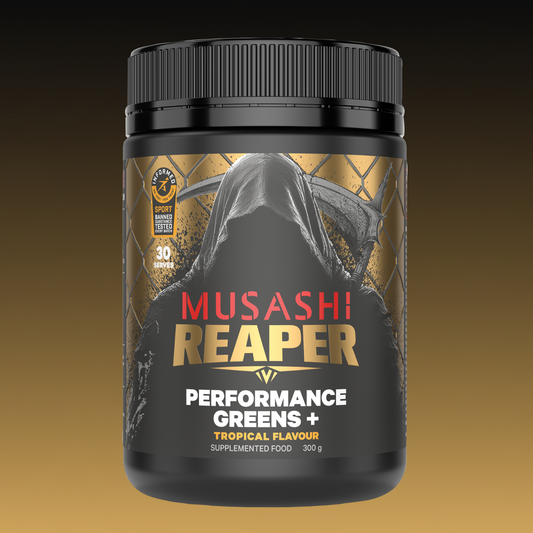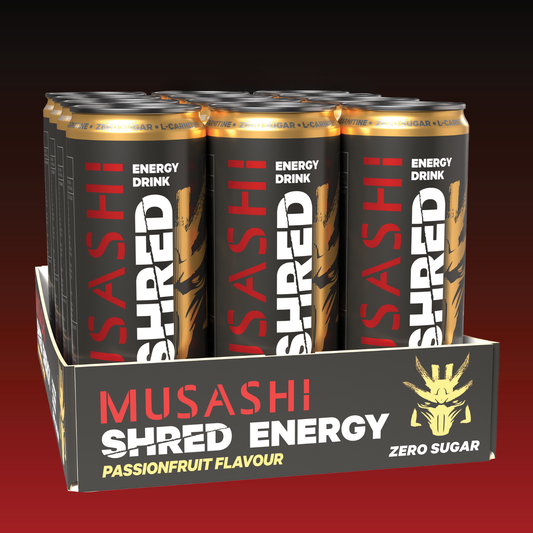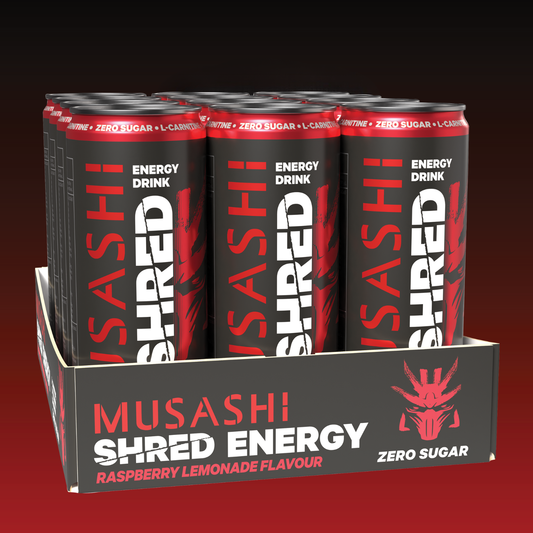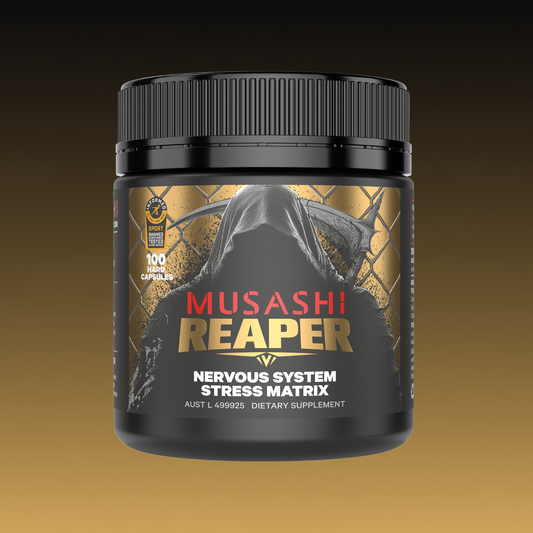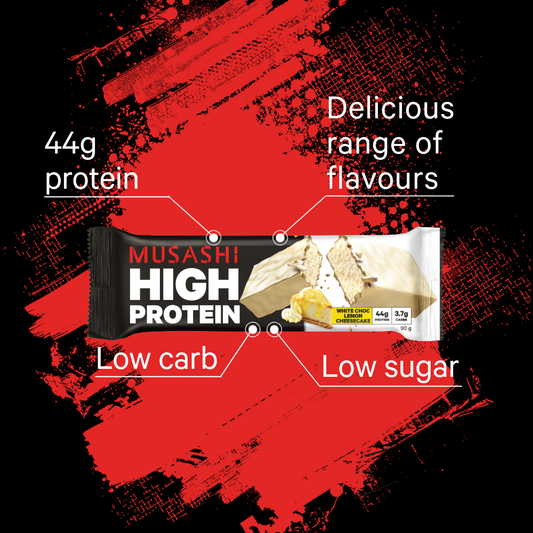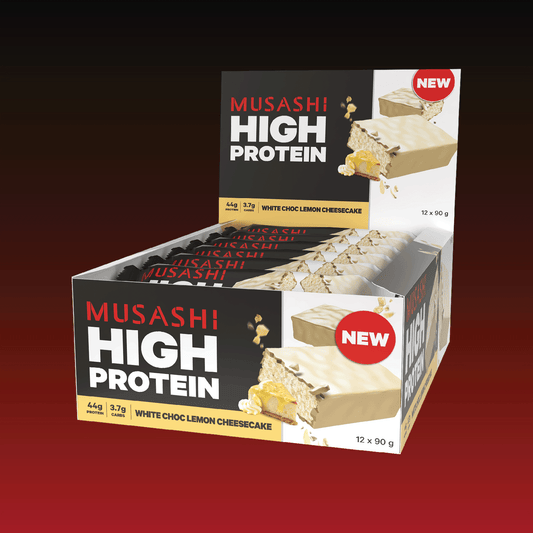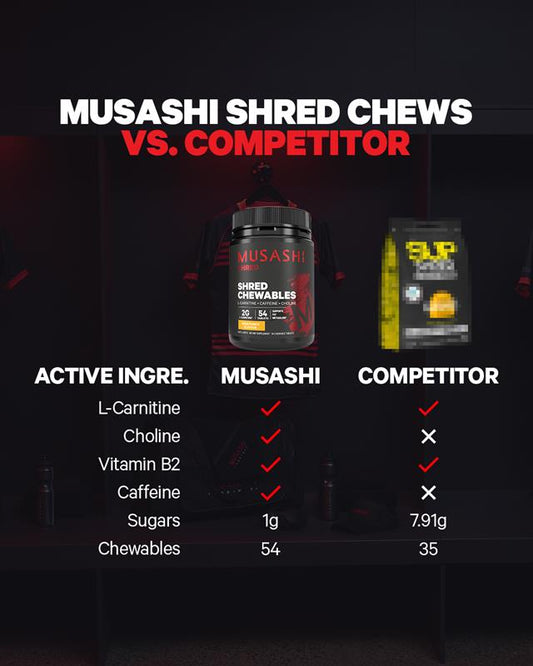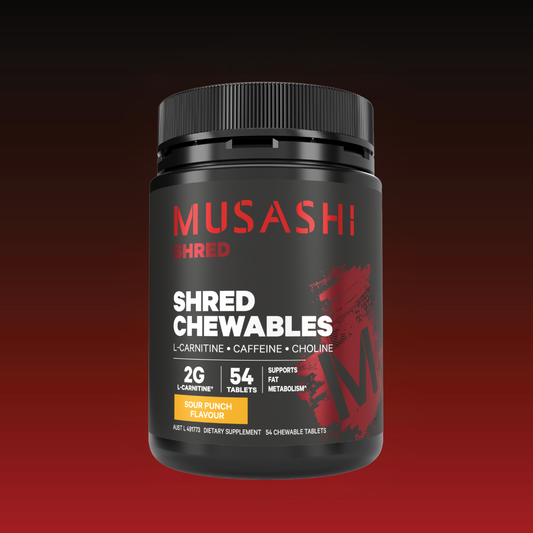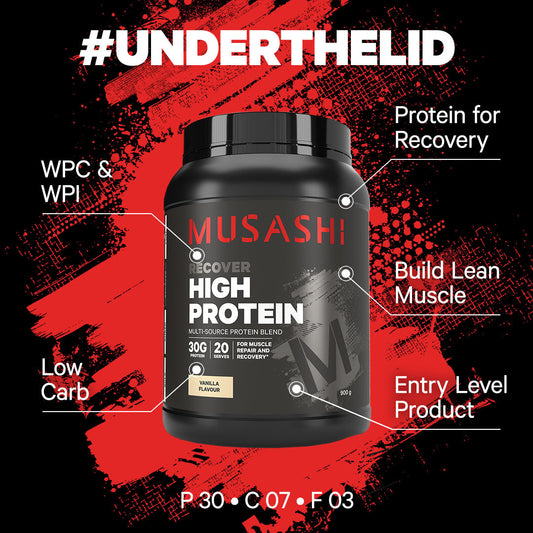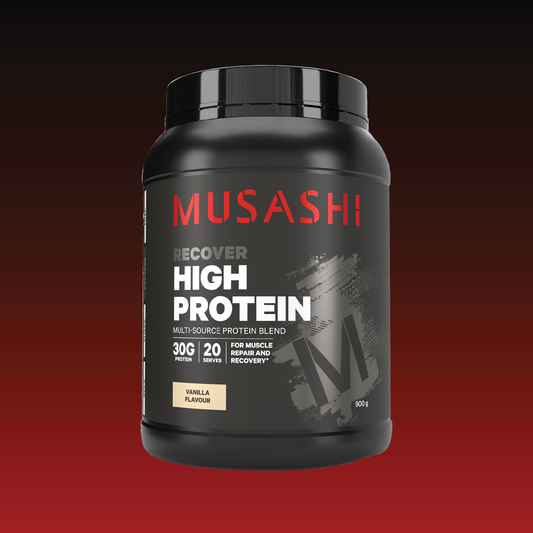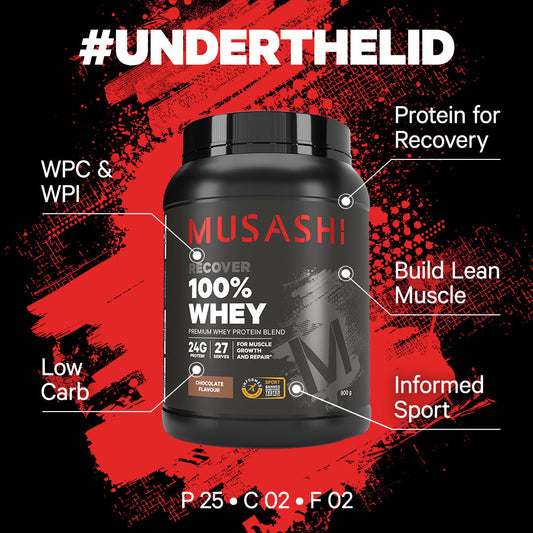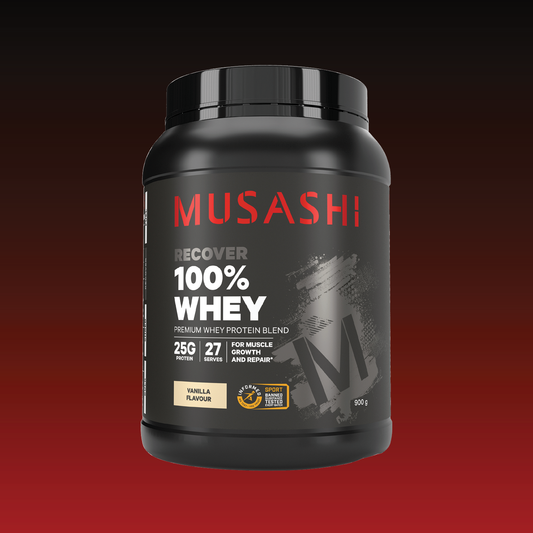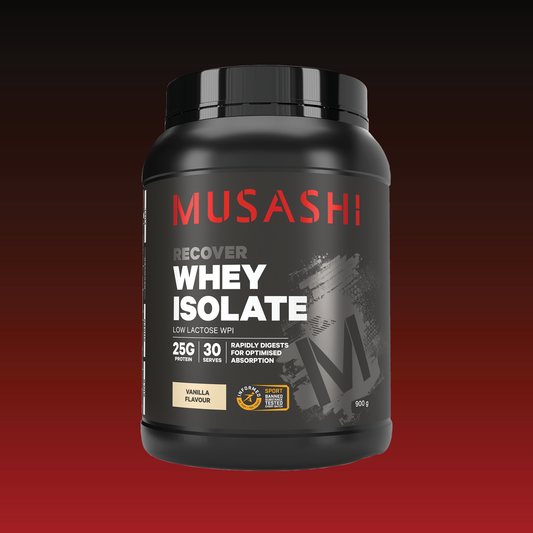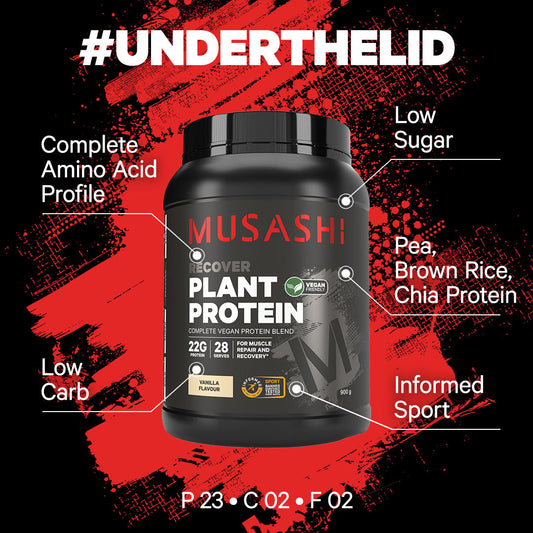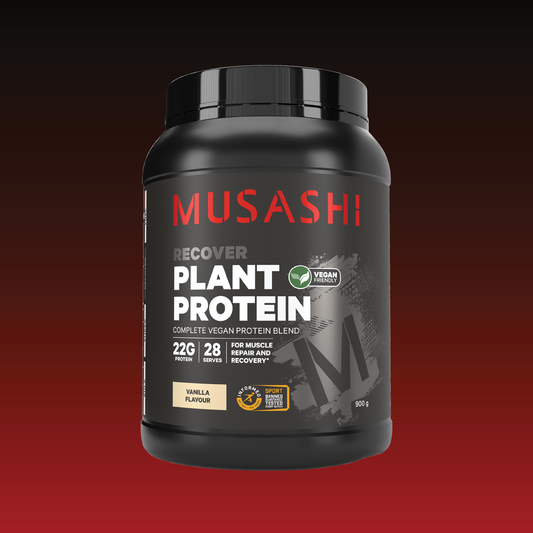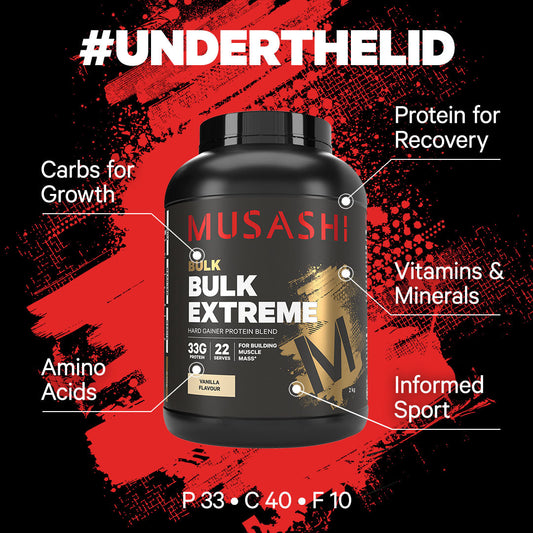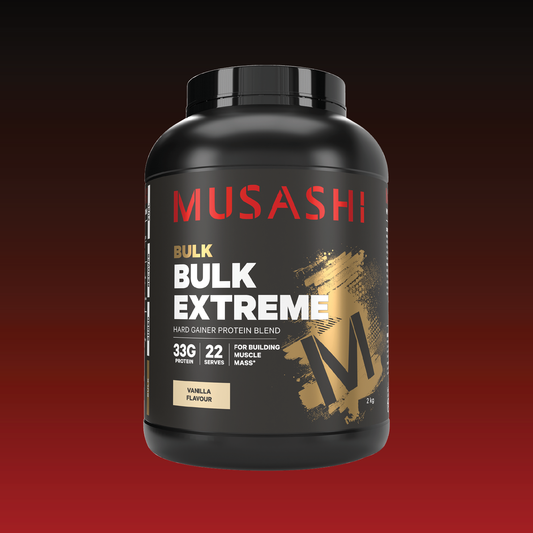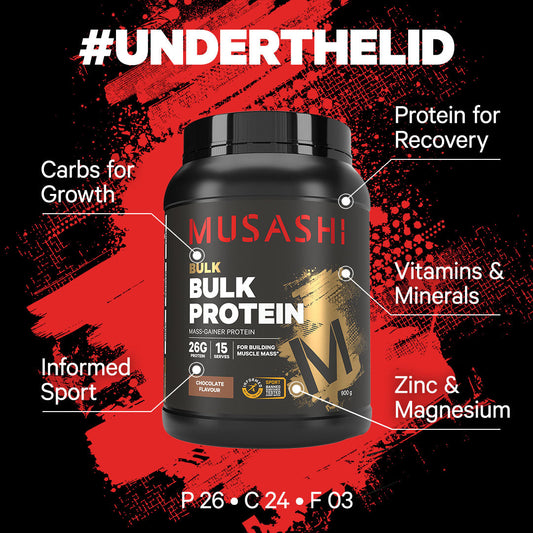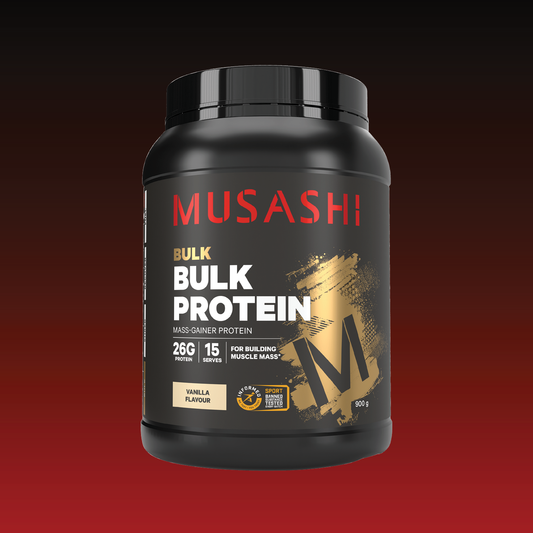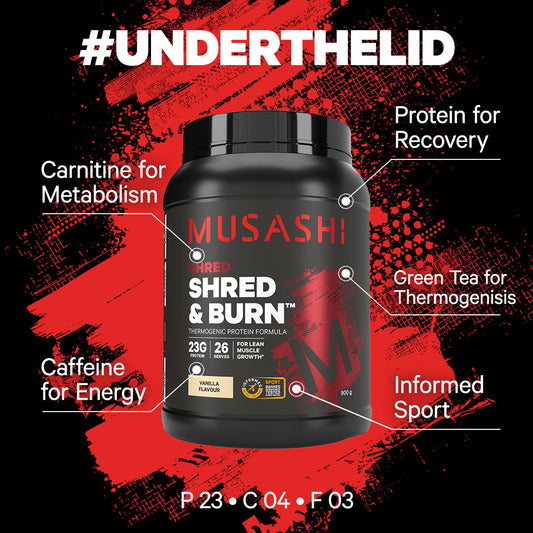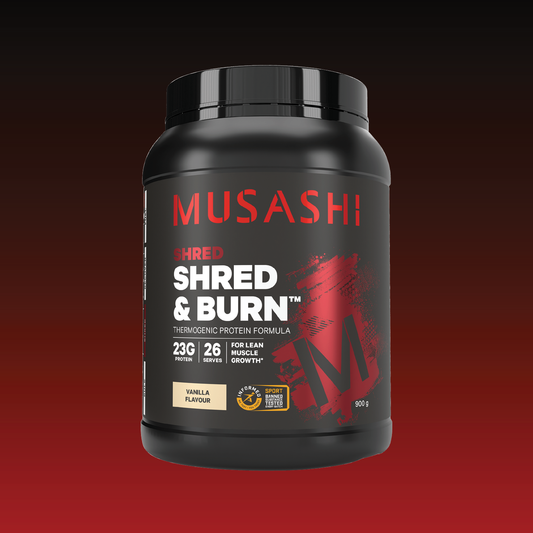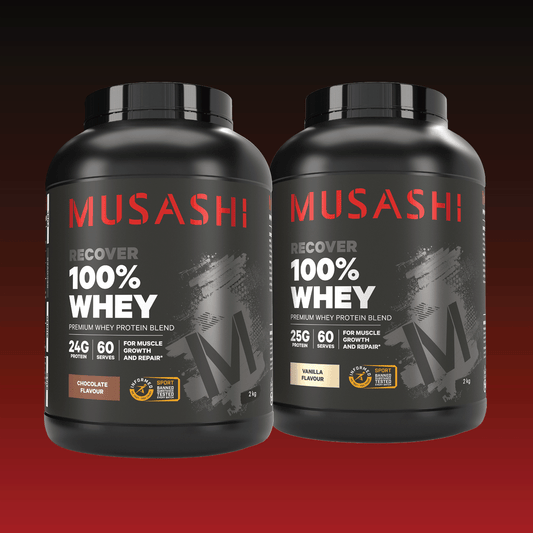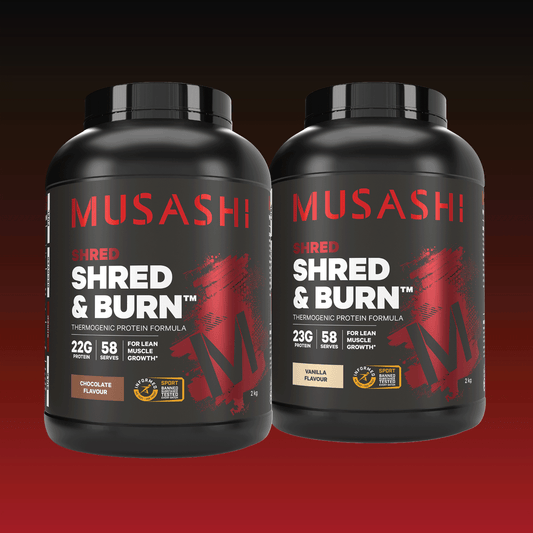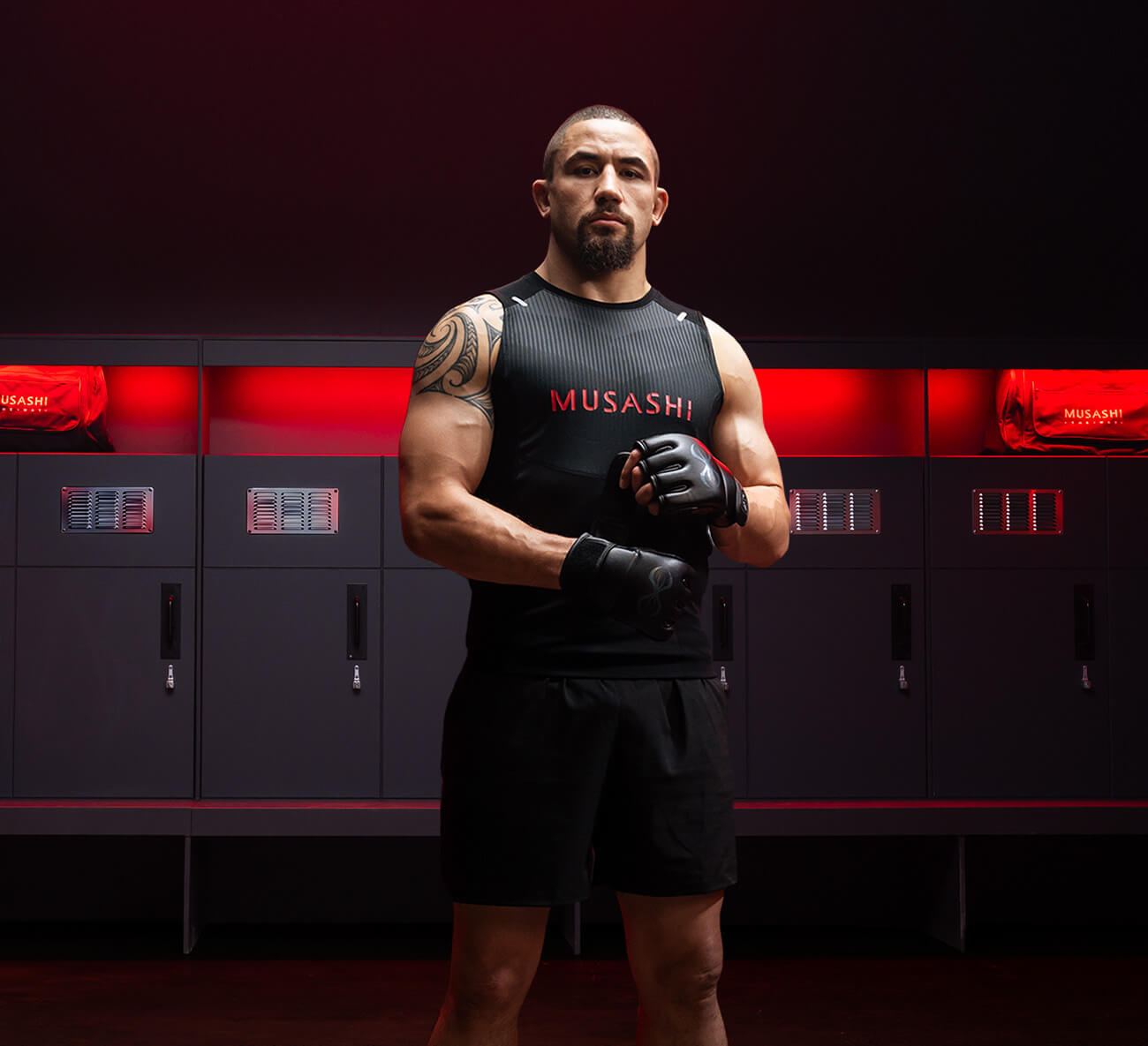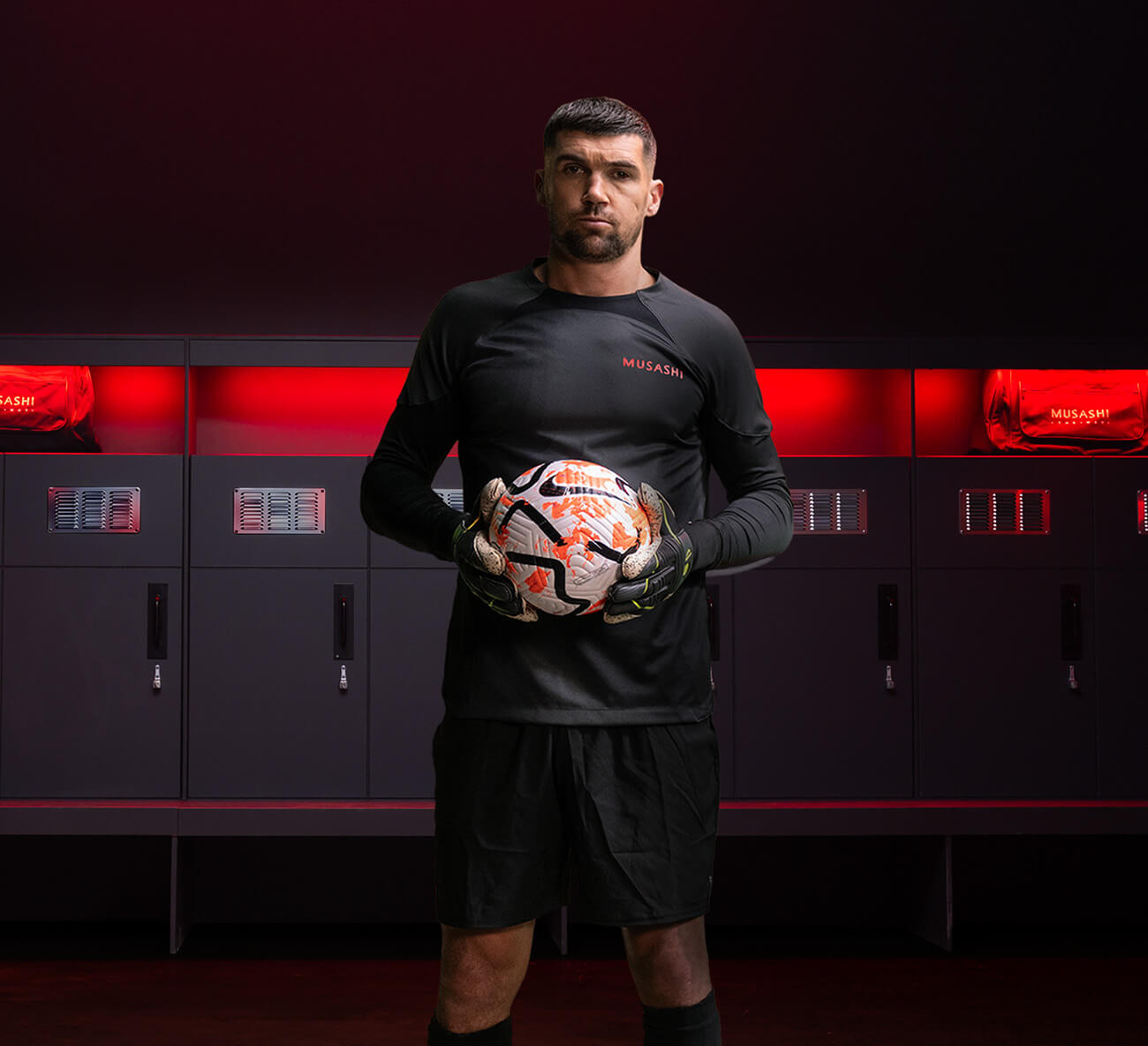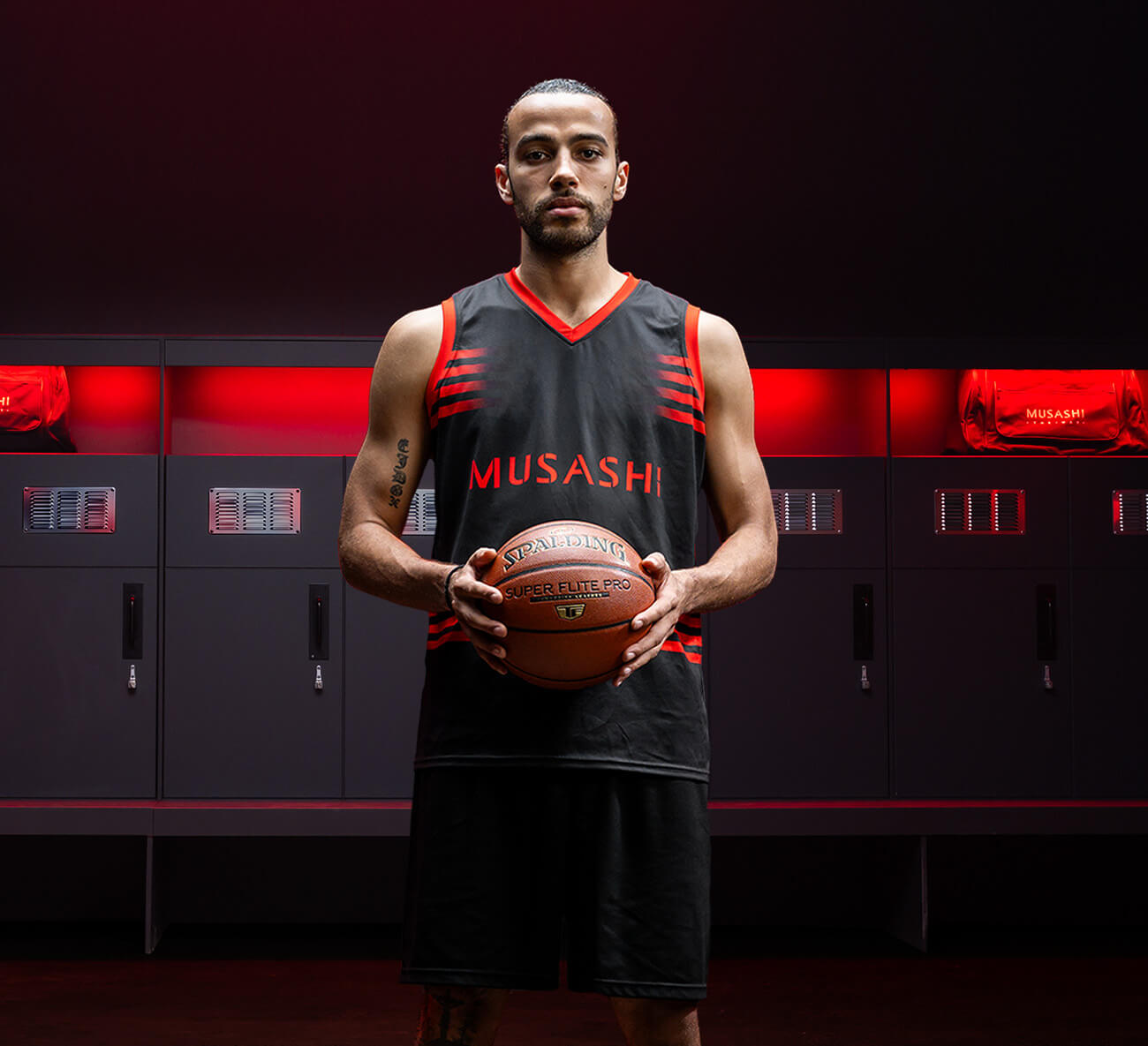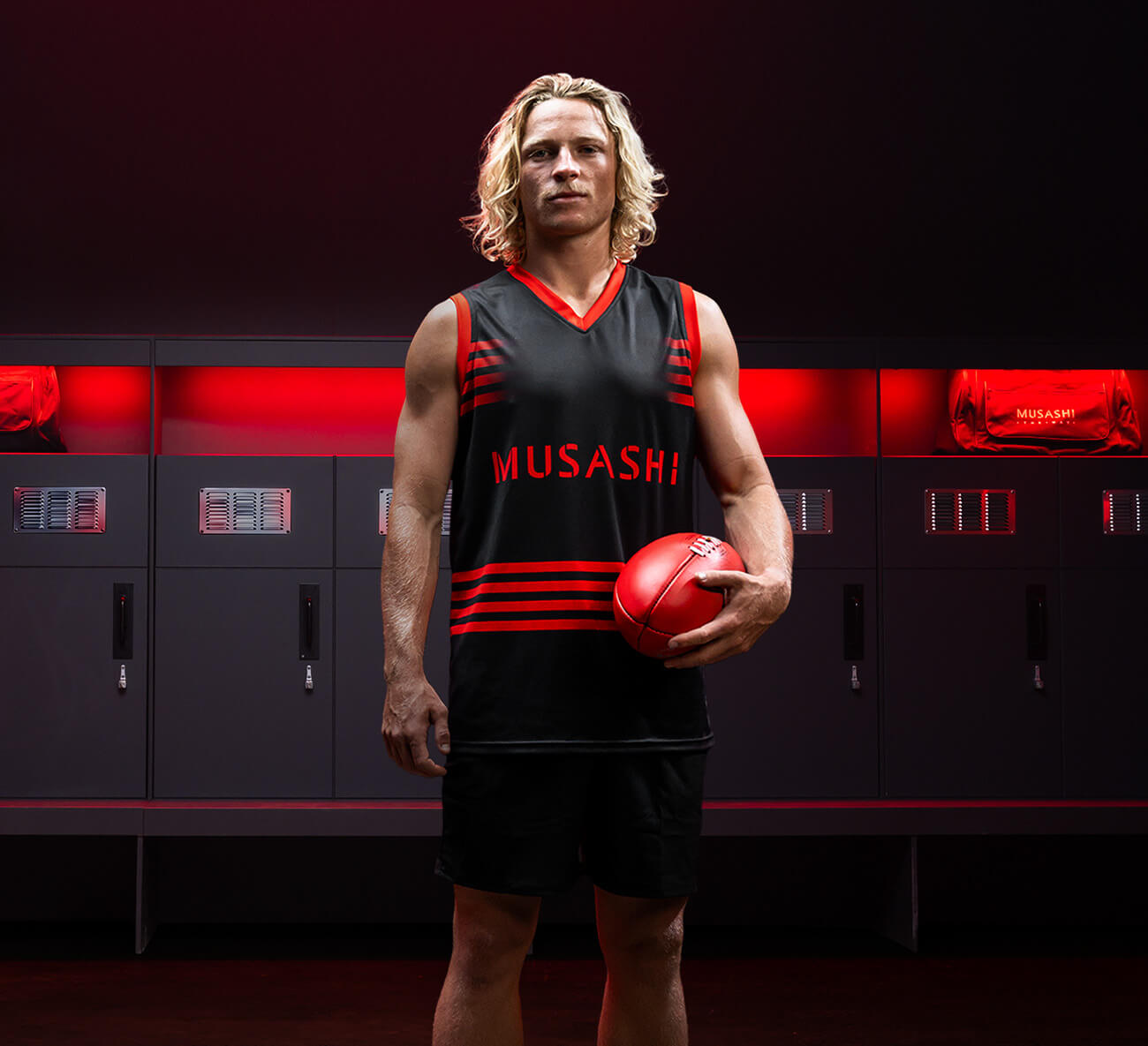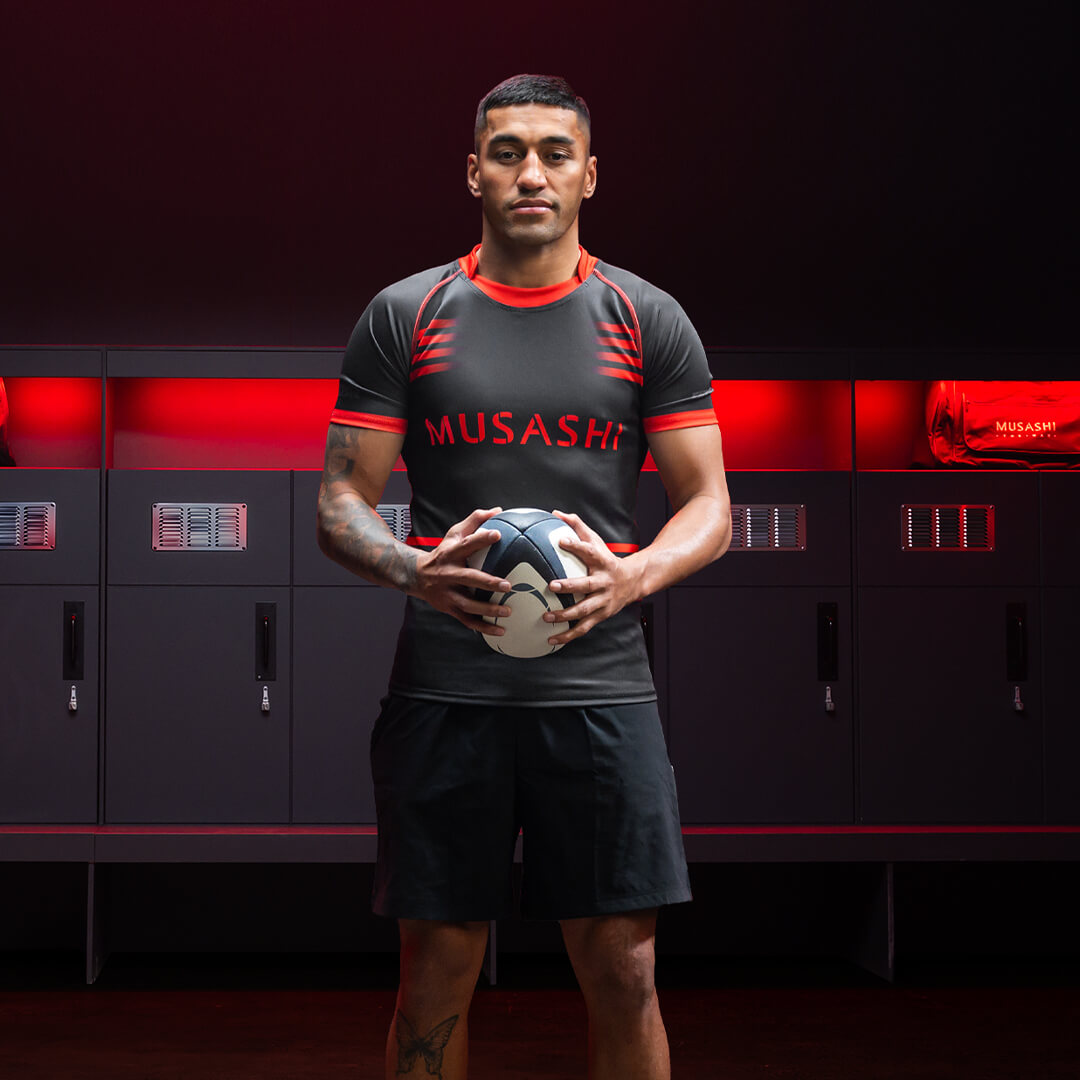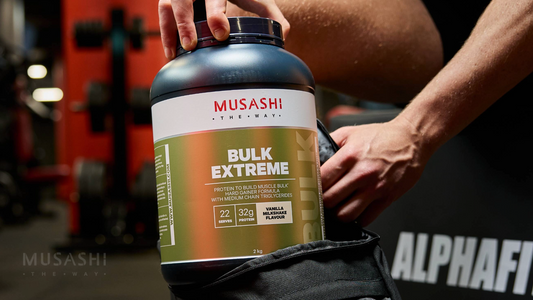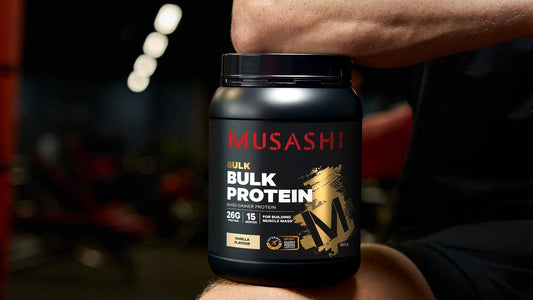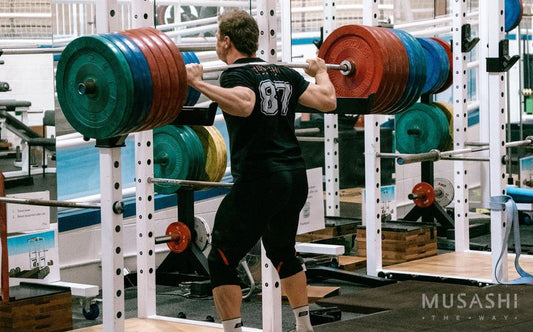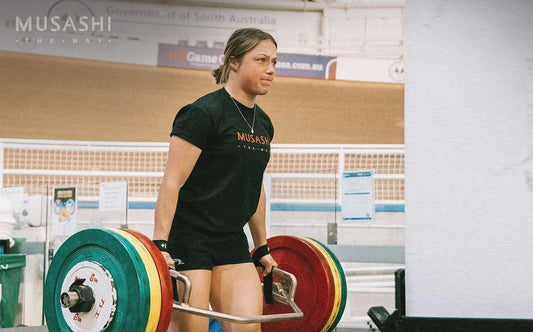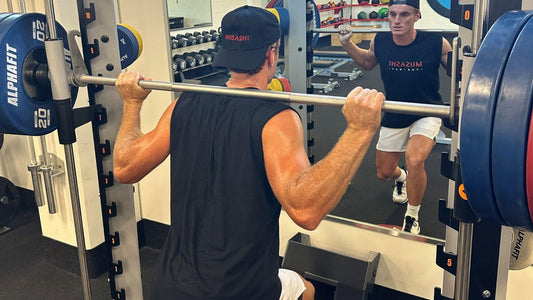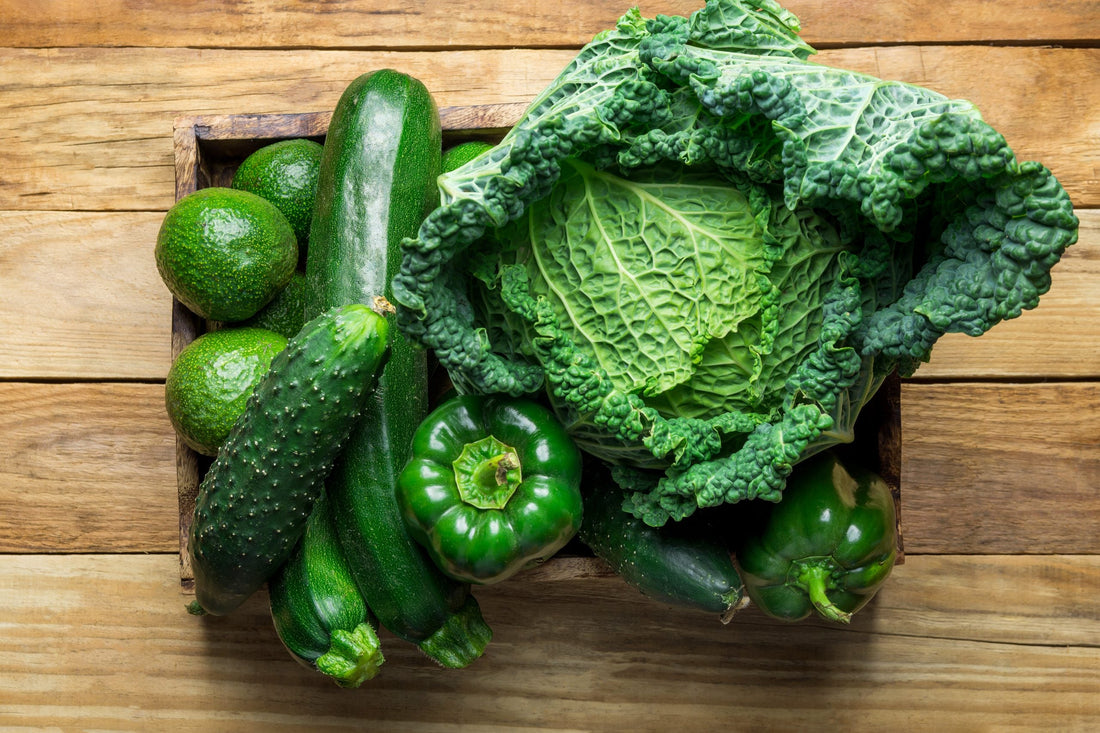
How Can Athletes Thrive on a Plant-Based Diet? Essential Proteins, Nutrients, and Supplements
Going plant based isn't easy, it requires discipline, persistence, courage and conviction. Musashi is here to help every athlete along the way - fuelling your performance and optimising your recovery. Everyone has different reasons to go plant based, be it ethical, environmental, economic, health or religious reasons.
Vegan, Vegetarian, Plant-based, Flexitarian, Pescatarian; ignoring labels or how you define yourself, including more plants in your diet can provide vital nutrients, improve health and can even help save the planet. Regardless of why you follow a plant based diet, it is important to understand that going plant based has significant physiological implications, especially for athletes and their heightened nutritional demands. It is simple to choose a diet that eliminates specific foods such as meat, but it is unwise to do so without careful considerations, a poorly planned plant based diet will do more harm than good.
Fortunately, as a plant based eater you can compensate for deficiencies in your diet with careful planning and correct supplementation. Firstly, understanding protein and amino acids is vital. There are 20 amino acids found in protein, your body can produce 11 of them, but 9 have to come from the diet - these are termed essential amino acids. As protein is digested it is broken down into specific amino acids and are what make up most solid matter in the body: skin, eyes, heart, intestines, bones and, of course, muscle. A protein that contains all of the essential aminos acids your body requires is termed a complete protein, a protein that only contains some but not all of these essential amino acids is called an incomplete protein.
Two methods of evaluating protein quality are Biological Value and PDCAAS. Take a look at how some common sources of protein compare to each other:
Plant based eaters need to be aware of their protein requirements, whilst it is entirely possible to survive and thrive on incomplete proteins in small amounts, there are some situations, such as sport, where plant based foods alone don't stack up. In any sport which requires strength and power, additional high-quality protein is required in your diet, the recommendation for athletes is between 1.2 to 2.2 g of protein per kg of bodyweight.
| NUTRIENT | PLANT SOURCES | AMOUNT |
| Protein | Best plant-based sources include beans & legumes, including pea and soy, nuts, seeds, hemp, and high-protein whole grains such as quinoa; however, there are minimally processed plant-based protein powders available too | If you are resistance training and/or highly physically active, aim for minimum of 1.2 g of protein per KG of body weight daily as a baseline (for most athletes, this is around 1/3 of your total caloric intake). |
How Can Supplements Like Musashi Plant Protein Support Performance and Recovery?
A great way to include sufficient, high quality protein in your diet is by using a plant-based protein shake such as Musashi Plant Protein. A good quality plant based protein shake ensures that you are conveniently getting all of the amino acids your body needs in the right quantities.
Next, beyond protein, plant based athletes need to be conscious of the following nutrients, ensuring you are getting them in at the right frequency and in sufficient quantities to support your performance and recovery. Another consideration for athletes is that key minerals like zinc and calcium are lost in sweat. The truth is that some nutrients cannot be obtained from a strictly plant based diet, but supplementing your diet intelligently can mean that this doesn't need to get in the way of your athletic performance.
| NUTRIENT | FLEXITARIAN SOURCES | 100% VEGAN SOURCES | AMOUNT |
| Vitamin B-12 | Most Fish. Dairy such as milk, yoghurt, cheese. Eggs | Not found naturally in any plant based food. This is only found in fortified products and nutritional yeasts | Aim for 3-5 mcg/day from food or 10-100 mcg/day from supplements. |
| Vitamin D | Fatty Fish like salmon. Eggs. Some Dairy | Sunlight is the best source, balancing exposure with skin damage; supplementally, D2 is animal free, D3 is animal derived - often from wool grease of sheep | Aim for 1000 IU to 4000 IU on days you don't get any sun and during the winter months. |
| Calcium | Dairy such as milk, yoghurt, cheese. Most Seafood | Dark leafy greens, legumes, beans, nuts, seeds, tofu (calcium set), fortified non-dairy milks. | Aim for around 1000 mg per day. |
| Iodine | Fish such as cod or tuna. Dairy such as milk, yoghurt, cheese | Seaweed, Kelp, sea vegetables, asparagus, green leafy vegetables, iodized salt | Aim to consume 75 - 100 mcg every few days. |
| Omega-3 fats | Most fish. Particularly mackerel, sardines, salmon, cod. Eggs. Grass fed dairy | Only algae can provide vegan Omega 3 (EPA/DHA) Include flax, hemp, chia seeds, walnuts, green leafy vegetables, algae supplements. | A minimum of 250mg from an Omega 3 (EPA/DHA) algae based supplement. Or consume at least 2000mg of added alpha-lineloic acid (ALA) per day which can help regulate Omega 3s indirctly |
| Iron | Seafood, especially shellfish. Eggs | Lentils, chickpeas, beans, tofu, cashew nuts, chia seeds, ground linseed, hemp seeds, pumpkin seeds, kale, dried fruit | Ensure that you are getting at least 8mg per day for men and 18mg per day for women |
| Zinc | Seafood, especially shellfish. Eggs | Beans, chickpeas, lentils, tofu, walnuts, cashew nuts, chia seeds, ground linseed, hemp seeds | Aim for at least 15mg per day for men and 8mg per day for women. |
The stigma of weak vegans is disappearing fast as more and more high profile athletes make the change to plant-based and deliver results on the field. Going plant based is different from any trend or diet, it is genuinely a lifestyle. Knowing what your body needs and making food choices wisely is the first step in taking your performance to the next level.

